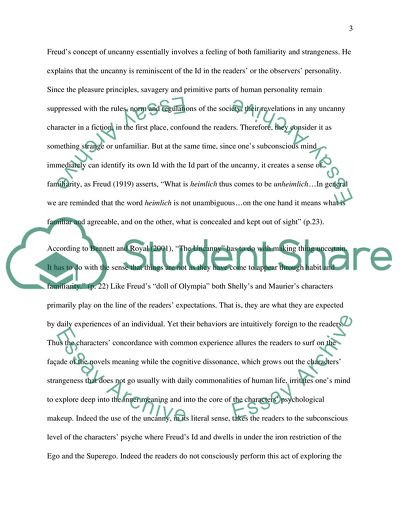Cite this document
(Freuds Uncanny in Frankenstein and Rebecca Essay, n.d.)
Freuds Uncanny in Frankenstein and Rebecca Essay. Retrieved from https://studentshare.org/literature/1745797-english-lit
Freuds Uncanny in Frankenstein and Rebecca Essay. Retrieved from https://studentshare.org/literature/1745797-english-lit
(Freuds Uncanny in Frankenstein and Rebecca Essay)
Freuds Uncanny in Frankenstein and Rebecca Essay. https://studentshare.org/literature/1745797-english-lit.
Freuds Uncanny in Frankenstein and Rebecca Essay. https://studentshare.org/literature/1745797-english-lit.
“Freuds Uncanny in Frankenstein and Rebecca Essay”, n.d. https://studentshare.org/literature/1745797-english-lit.


